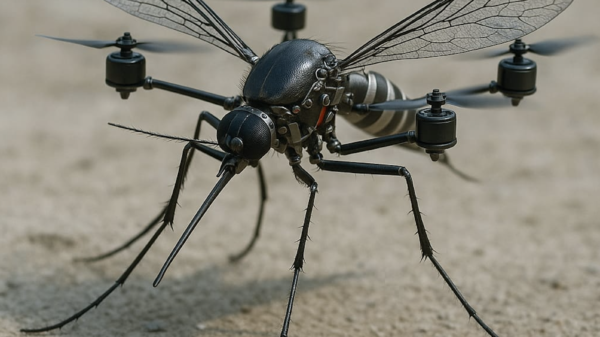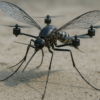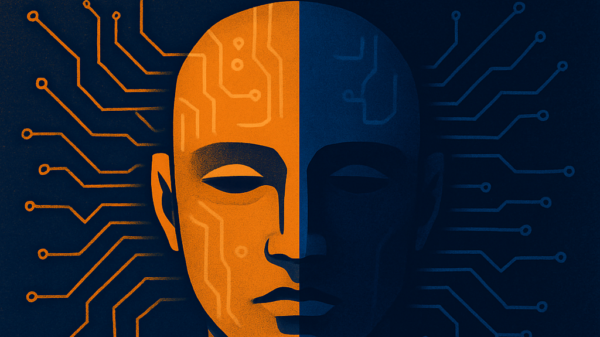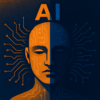A team of scientists from the University of Florida’s College of Veterinary Medicine have been using AI to scan the faces of goats and figure out whether they are happy or upset. They were assisted by one investigator from the University of Pennsylvania’s veterinary school and an Italian researcher.
The scholars published a study on their AI-assisted goat analyses in the Nature journal Scientific Reports on Thursday. Their research assessed an assortment of the farm animals with varying breeds, ages, sex and medical conditions.
They say that their artificial intelligence system is approximately 71 per cent accurate at determining whether a goat is in pain or distressed. The scientists aim to boost the machine learning program’s accuracy further through continued development.
Their final dataset consisted of thousands of images from 40 goats, half of which were happy and the other half not. The raw dataset consisted of 74.
“Given the increasing interest in goats as pets and models for biomedical research and surgical training and teaching, there is a crucial need to develop an objective, standardized and generalizable instrument for pain assessment in numerous clinical contexts,” the study authors said.
Read more: Growing number of Gen Z & millennials using AI for financial guidance, survey shows
Read more: Five ways blockchain and artificial intelligence are made for one another
University of Florida to host AI summit in February
The American school has multiple ongoing studies involving AI technologies. At the University of Florida’s Artificial Intelligence Academic Initiative Center (AI2 Center), researchers currently have over US$10 million worth of grants at their disposal for studies.
This February, the centre will be hosting the AI2 Summit at Walt Disney World in Orlando. It will feature several interactive educational sessions and networking opportunities.
Currently, researchers at the University of Florida are assessing AI applications in the fields of healthcare, cyber security, environment, agriculture and more.
In 2023, veterinary experts at the school started a three-year US$2.3-million-dollar project in which they are examining vast troves of data they have obtained from various animals to discover new treatment options.
“Whether your dog has cancer, your cat has chronic kidney disease, or your horse has colic, we will have access to a treasure trove of data from previous cases at our fingertips that we can quickly analyze for insights,” the College of Veterinary Medicine’s associate dean, Janet Robishaw, said last year.
rowan@mugglehead.com














